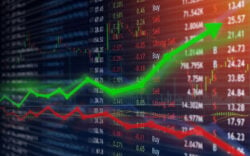Latest News
What is the meaning of this, price?
22 April 2024
How you could profit from a bubble’s boom and its bust
19 April 2024
The weakest link in the renewables rollout threatens to sink net zero
18 April 2024

